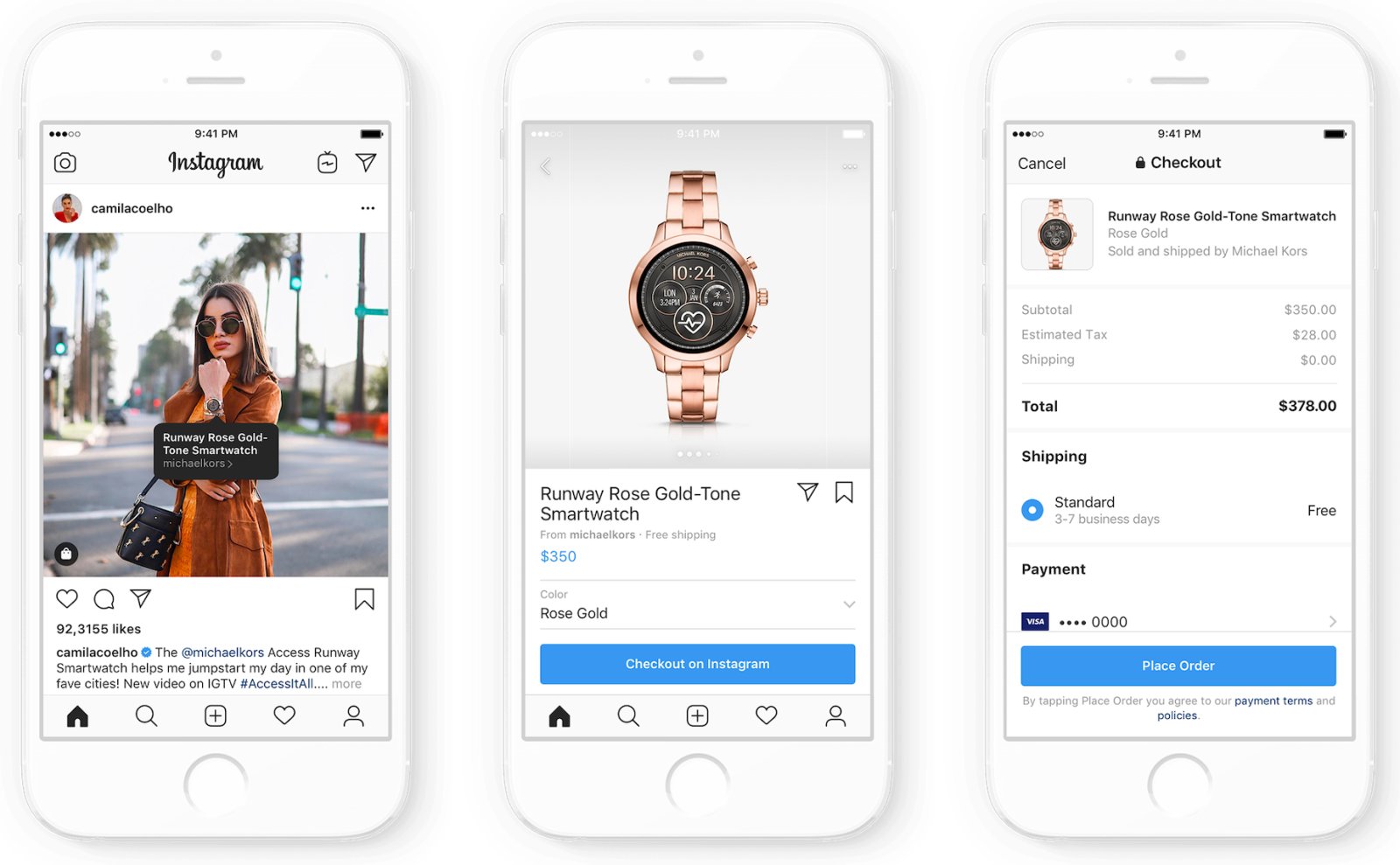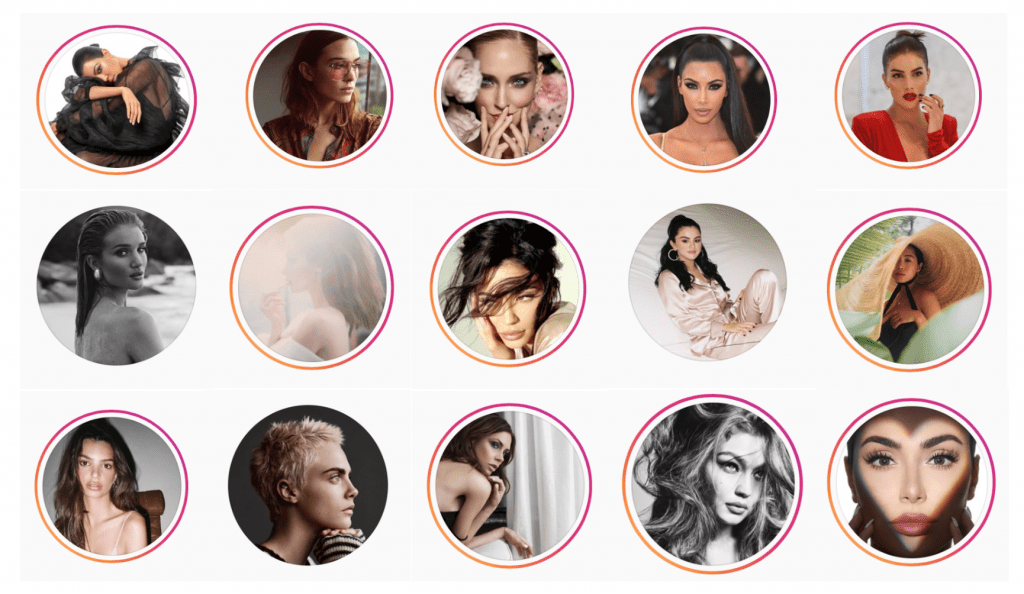Facebook, Inc. revealed what the future of its social network will look like at its F8 developer conference in San Jose on Tuesday. In addition to speaking to its more “privacy-focused vision for the future,” as a result of the growing privacy concerns surrounding the group’s marquee Facebook platform in light of seemingly endless crises kicked off by Cambridge Analytica and its role in helping to sway the presidential campaign of Donald Trump, some big news from the annual event centered on Instagram, which is set to let influencers and publications peddle stuff to you more seamlessly than ever before.
To be exact, Instagram has enlisted the likes of super-influencers Chiara Ferragni and Aimee Song, supermodel Gigi Hadid, beauty powerhouse Huda Kattan, heavily-followed model Yovanna Ventura, Kylie Jenner and Kim Kardashian, among 40-or-so others, to help test a feature that will enable users to shop the products influencers post immediately and without having to leave the app.
In short: Instagram is doubling down on its quest to replace traditional retail outlets, and making influencers directly stoppable.
The new feature – which lets influential individuals “tag products in their posts, giving [their followers] the ability to buy whatever they may be wearing (from apparel to cosmetics) directly from the app,” according to Engadget – will roll out as early as next week. The move is significant because it extends tagging/shopping capabilities to individuals for the first time. But more than that, it will allow Instagram to take a percentage of all sales that occur on its platform, and to cut out middlemen, such as influencer monetization platforms like rewardStyle’s LIKEtoKNOW.it app.

Variety notes that while “brands and creators [will] get access to dedicated metrics to show them how well their shoppable posts are performing, they will have to figure out the financial arrangements themselves.” Moreover, a Facebook spokesperson told the publication that “at this time” the company is not facilitating any referral fees in connection with the sale.
In addition to individual influencers and brands (the latter of which have been able to tag products featured in their photos and a limited number have even been able to sell those products directly on the app thanks to its month-old Checkout feature), publications like GQ, Refinery29, Hypebeast and Vogue will also be involved in the test phase.
Given that influencers’ and publications’ feeds will now serve as even more directly-commercial forms of sponsorships and endorsements, the Federal Trade Commission (“FTC”)’s requirement that relationships between endorsers (i.e., influencers and publications) and brands be “clearly and conspicuously” disclosed will continue to be important. It will be particularly interesting to see how the FTC deals with the further erosion of the already-blurry line between publications’ independent editorials and sponsored content that will inevitably be brought about by this new feature. (To date, the FTC has been particularly lax in policing the decades-long failure of publications to clearly delineate sponsored versus non-sponsored content).
Also in the works: Instagram will begin testing a new feature later this week that will hide users’ public like-counts on videos and photos. The test – which will be limited to Instagram users in Canada – will hide “likes” in users’ feeds, permalinked pages, and on profiles from their followers. The move is an attempt, according to Instagram, to get users “to focus on the photos and videos you share, not how many likes they get.”











